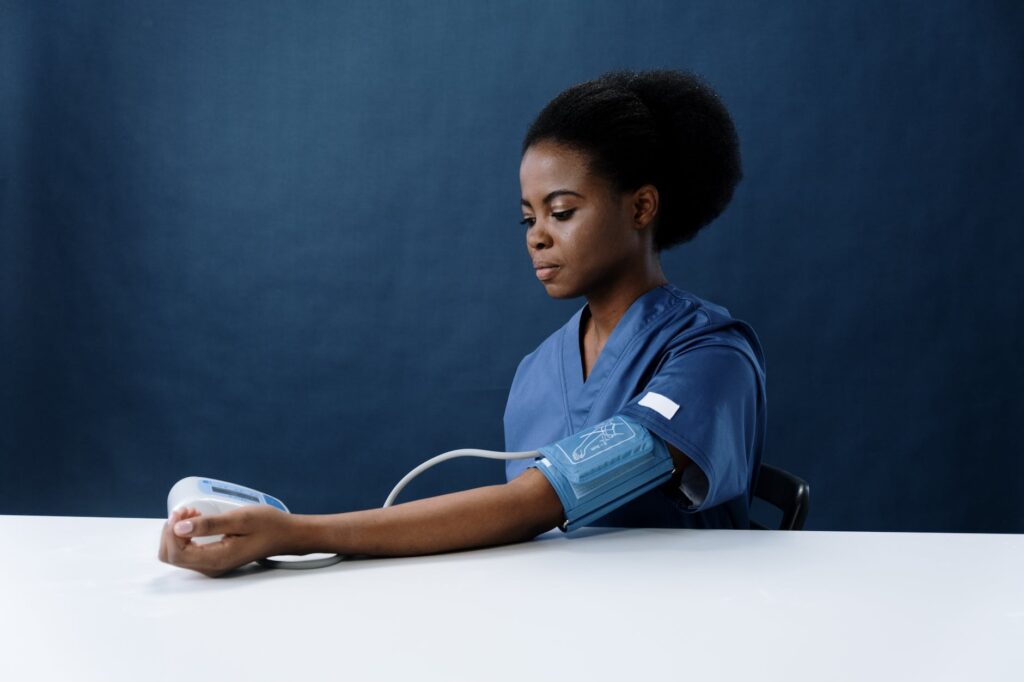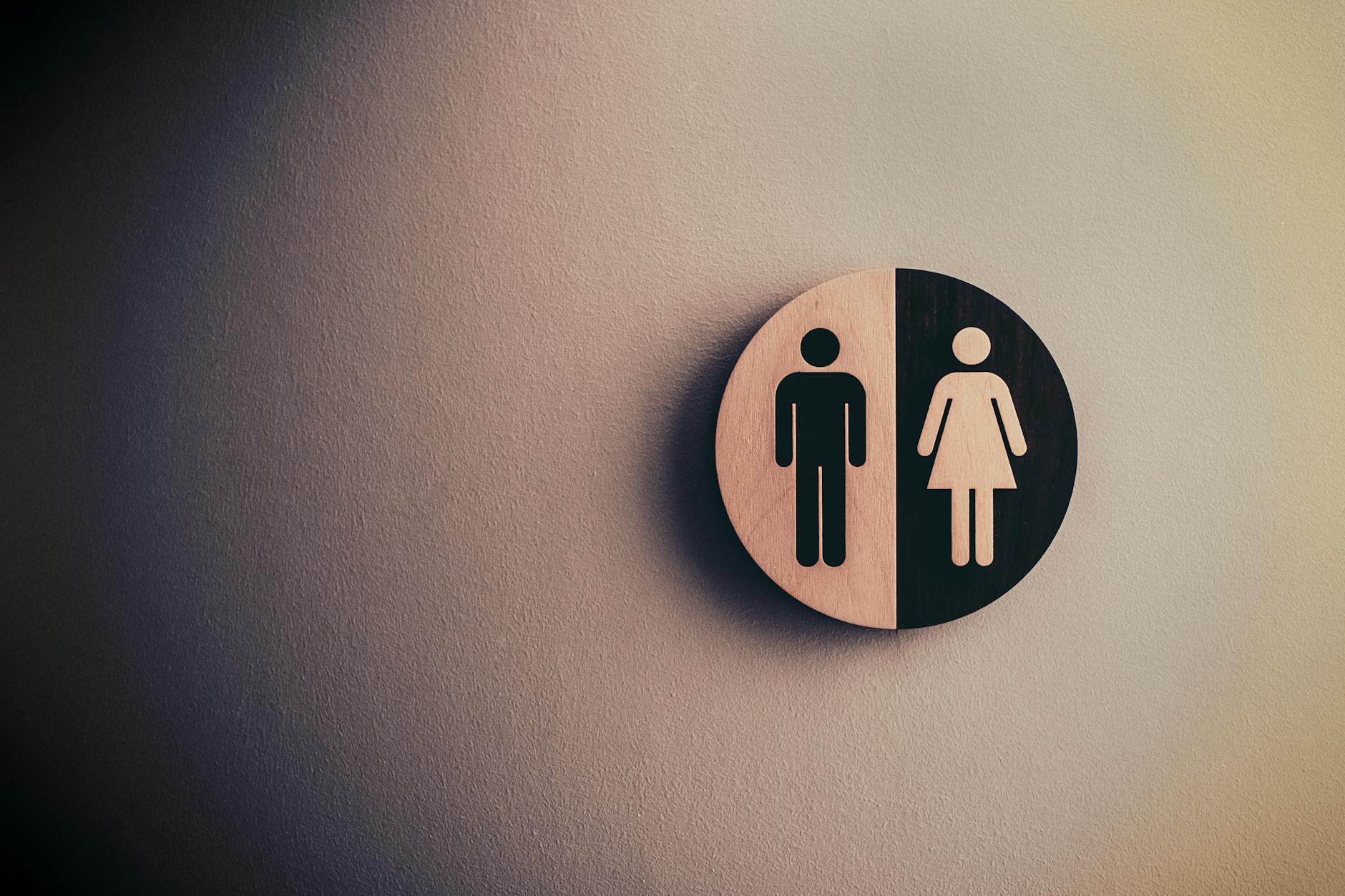Wondering what is considered a typical aspect of the aging process? Here’s what to expect from aging — and what to do about it.
You are aware that wrinkles and gray hair are common side effects of aging. But do you understand how aging will affect your teeth, heart, and sexuality? Discover what changes to expect as you age — and how to maintain good health at any age.
Your cardiovascular system
What is happening?
The most common change in the cardiovascular system is the stiffness of the blood vessels and arteries, which requires your heart to work harder to pump blood through them.
The cardiac muscles alter to accommodate the increased workload. Your heart rate will remain relatively constant when you are resting, but it will not rise as much during physical activity as it did previously. These alterations raise the risk of high blood pressure (hypertension) and other cardiovascular issues.

What You Can Do To improve heart health:
- Include physical activity in your everyday routine. Try walking, swimming, or any activity you like. Regular, moderate workouts can help you maintain a healthy weight and healthy heart.
- Eat a nutritious diet. Choose vegetables, fruits, whole grains, fiber-rich foods, and lean protein sources such as fish. Limit your intake of saturated fat and salt-rich foods.
- Do not smoke. Smoking hardens your arteries and raises your heart rate and your blood pressure. If you smoke or use other tobacco products, consult your doctor to help you stop.
- Manage your stress. Stress can damage your heart. Practice stress-reduction techniques such as yoga, meditation, exercise, or talk therapy.
- Get sufficient sleep. A good night sleep is essential for the healing and rebuilding of your blood vessels and heart. Aim for seven to nine hours each night.
Your bones, joints, and muscles.
What is happening?
Bones reduce in size and density as they age, leaving them weaker and more prone to fracture. You might even get a bit shorter. Muscles lose strength, endurance, and flexibility, which can impair coordination, stability, and balance.
What You Can Do To improve bone, joint, and muscle health:
- Consume enough levels of calcium. Experts recommend that people consume at least 1,000 milligrams (mg) of calcium each day. For women over the age of 51 and men over the age of 71, the daily dosage climbs to 1,200 mg. Calcium-rich foods include milk, broccoli, kale, salmon, and tofu. If you struggle to get enough calcium from your diet, consult your doctor about calcium supplements.
- Consume enough levels of vitamin D. The recommended daily vitamin D consumption is 600 IU for people under 70 and 800 IU for those who are 70 or older. Many people obtain adequate quantities of vitamin D from sunlight. Other sources include tuna, salmon, eggs, fortified milk, and vitamin D pills.
- Include physical activity in your everyday routine. Weight-bearing workouts like walking, running, tennis, stair climbing, and weight training can help you grow strong bones and slow bone loss.
- Stay away from drugs and alcohol. Avoid smoking and restrict alcohol consumption.
Your digestive system
What is happening?
Age-related anatomical changes in the large intestine can cause constipation in older persons. Other contributing factors include a lack of activity, insufficient fluid intake, and a low-fiber diet. Constipation can also be caused by medications like diuretics and iron supplements, as well as medical illnesses like diabetes.
What You Can Do To avoid constipation:
- Eat a nutritious diet. Make sure your diet includes fiber-rich foods including fruits, vegetables, and whole grains. Limit high-fat meats, dairy items, and sweets, as these may promote constipation. Drink a lot of water and other fluids.
- Include physical activity in your everyday routine. Regular physical activity can help you avoid constipation.
- Do not ignore the impulse to use the restroom. Holding in a bowel movement for too long might result in constipation.
The bladder and urinary tract
What is happening?
As you get older, your bladder may lose its elasticity, causing you to urinate more frequently. Weakness in the bladder and pelvic floor muscles might make it difficult to empty your bladder fully or lead you to lose bladder control (urinary incontinence). An enlarged or inflamed prostate in men can lead to difficulty emptying the bladder and incontinence.
Other causes of incontinence include obesity, diabetes-related nerve damage, certain drugs, and coffee or alcohol intake.

What You Can Do To improve bladder and urinary tract health:
- Go to the toilet on a regular basis. Consider urinating at regular intervals, such as every hour. Slowly increase the length of time between your toilet excursions.
- Maintain a healthy body weight. If you are overweight, you should lose the excess weight.
- Do not smoke. If you are a smoker or use other tobacco products, consult your doctor to help you stop.
- Practice Kegel exercises. To exercise your pelvic floor muscles, squeeze the muscles you would use to stop passing gas. Try it for 3 seconds at a time, then pause for three. Build up to performing the exercise 10 – 15 times in a row, at least 3 times per day.
- Avoid bladder irritants. Caffeine, acidic meals, alcohol, and carbonated beverages can exacerbate incontinence.
- Avoid constipation. Consume extra fiber and take other measures to prevent constipation, which can exacerbate incontinence.
Your memory and reasoning skills.
What is happening?
Your brain changes as you age, which may have a modest impact on your memory or cognitive abilities. For example, healthy older persons may forget familiar names or words or struggle to multitask.
What You Can Do To promote cognitive health, take the following steps:
- Include physical activity in your everyday routine. Physical activity boosts blood flow throughout the body, including the brain. According to research, regular exercise improves brain function and reduces stress and sadness, both of which have an impact on memory.
- Eat a nutritious diet. A heart-healthy diet may help your brain. Focus on fruits, veggies, and whole grains. Choose low-fat protein options, including fish, lean beef, and skinless fowl. Too much alcohol might cause confusion and memory loss.
- Keep your mind engaged. Keeping your mind occupied may help you maintain your memory and reasoning abilities. You can read, play word games, pursue a new hobby, attend classes, or learn to play an instrument.
- Be sociable. Social connection helps to prevent sadness and stress, which can lead to memory loss. You may volunteer at a local school or nonprofit, spend time with family and friends, or go to social gatherings.
- Treat cardiovascular illness. Follow your doctor’s advice to control cardiovascular risk factors such as high blood pressure, cholesterol, and diabetes, which might raise the risk of cognitive decline.
Quit smoking. If you smoke, quitting may improve your cognitive health.
If you are concerned about memory loss or other changes in your cognitive abilities, consult your doctor.
Your eyes and ears.
What is happening?
You may find it harder to focus on close-up objects as you become older. You may become more sensitive to glare and have difficulty adjusting to varied levels of lighting. Aging can also alter your eye’s lens, resulting in cloudy vision (cataracts).
Your hearing can also deteriorate. You may have difficulties hearing high frequencies or following a discussion in a busy environment.
What You Can Do To improve eye and ear health:
- Schedule regular checkups. Follow your doctor’s recommendations for glasses, contact lenses, hearing aids, and other corrective devices.
- Take measures. When you’re outside, wear sunglasses or a wide-brimmed hat, and use earplugs if there’s loud machinery or other noises.

Your teeth
What is happening?
Your gums can pull away from your teeth. Certain drugs, including those for allergies, asthma, high blood pressure, and high cholesterol, can produce dry mouth. As a result, your teeth and gums may be slightly more susceptible to decay and infection.
What You Can Do To improve dental health:
- Brush and floss. Brush your teeth twice a day and floss or clean between your teeth once a day.
- Schedule frequent dental checkups with your dentist or dental hygienist.
Your skin
What is happening?
As you get older, your skin thins, lose elasticity and becomes more fragile, and the fatty tissue just beneath the skin shrinks. You may notice that you bruise more easily. A decrease in natural oil production may cause your skin to dry out. Wrinkles, age spots, and tiny growths known as skin tags are increasingly widespread.
What You Can Do To support healthy skin:
- Be gentle. Wash with warm, not hot, water.
- Apply mild soap and moisturizer.
- Take measures. Use sunscreen and wear protective gear. Check your skin on a frequent basis and report any changes to your doctor.
Do not smoke. If you are a smoker or use other tobacco products, consult your doctor to help you stop. Smoking causes skin damage, such as wrinkles.
Your weight
What is happening?
Metabolism, or how your body burns calories, slows down as you age. You will acquire weight if you reduce your activities as you age while continuing to eat the same way you did before. Maintain a healthy weight by being active with a balanced diet.
What You Can Do To maintain a healthy weight:
- prioritize physical activity in your everyday routine. Regular moderate physical activity can help you stay at a healthy weight.
- Eat a nutritious diet. Choose vegetables, fruits, whole grains, fiber-rich foods, and lean protein sources such as fish. Limit your intake of sugar and saturated fat-rich foods.
- Keep track of your portion sizes. Keep track of your portion sizes to reduce your calorie intake.
Your Sexuality
What is happening?
Sexual demands and performance may alter as we get older. Illness or medicine may impair your capacity to enjoy sex. Women who suffer from vaginal dryness may find intercourse painful. For men, impotence may become an issue. It may take longer to achieve an erection, and they may be less firm than before.
What You Can Do To improve your sexual health:
- Discuss your needs and worries with your partner. You might discover that physical intimacy without intercourse is right for you, or you might try new sexual activities.
- Exercise promotes the release of sexual hormones, cardiovascular health, flexibility, mood, and self-image, all of which contribute to optimal sexual health.
- Talk to your doctor. Your doctor may recommend particular treatments, such as estrogen cream or oral medication for erectile dysfunction in men.

You cannot stop the aging process, but you can make decisions that increase your capacity to live an active life, do things you enjoy, and spend time with loved ones.
To Conclude
Getting old is difficult. Some people find it easier to accept the aging process than others. We want to focus on accepting aging while maintaining a healthy mind and body. We hope our article helps you with that.
